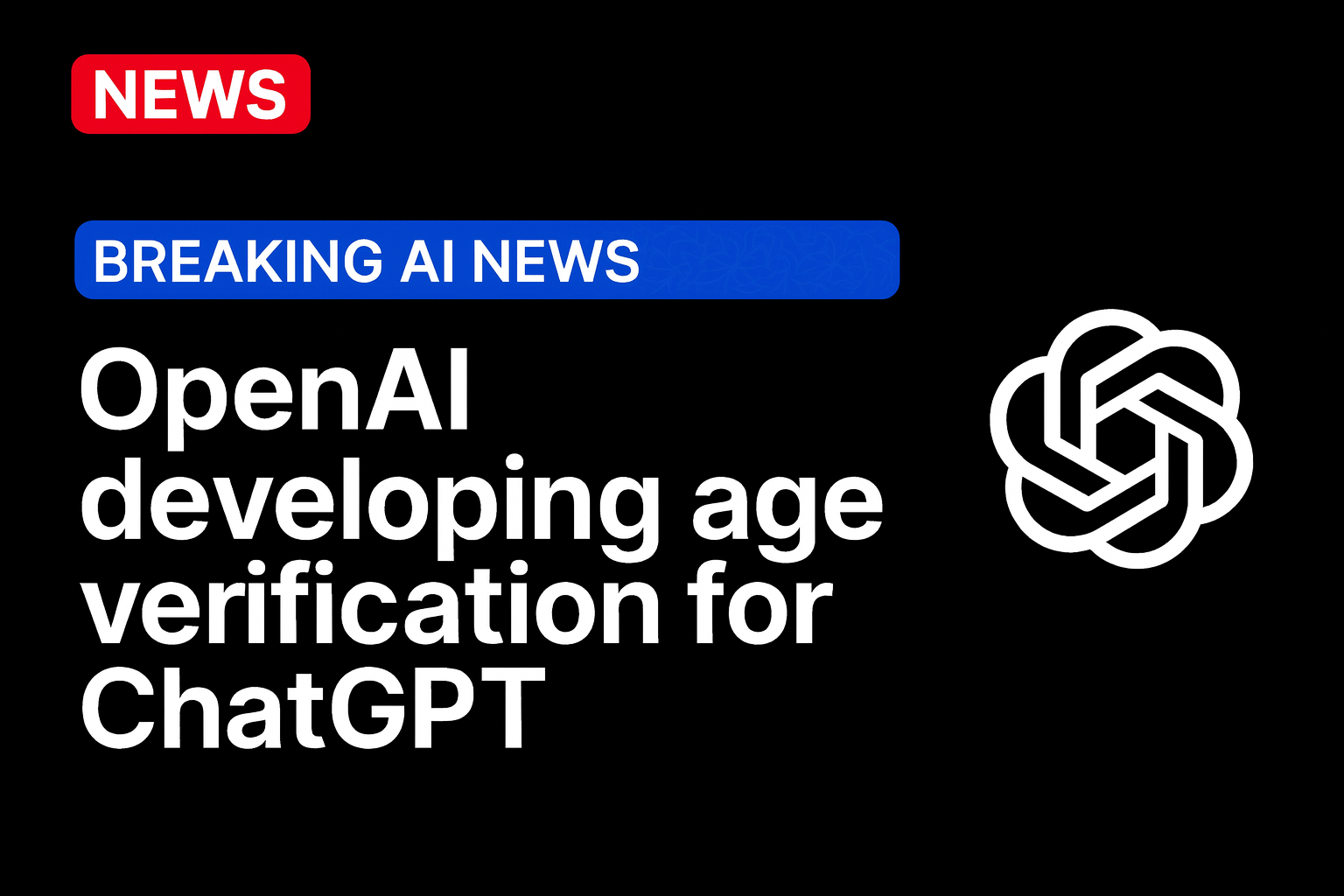The artificial intelligence (AI) startup announced Tuesday (Sept. 16) that it plans to create an automated age-prediction system that can determine whether users of its chatbot are over 18, sending younger users to an age-restricted version of ChatGPT.
The company also says it is also working on parental controls, set to roll out at the end of this month, that let parents link their accounts with their teens accounts and manage which features to disable, such as memory and chat history.
“Teens are growing up with AI, and it’s on us to make sure ChatGPT meets them where they are,” OpenAI wrote on its blog. “The way ChatGPT responds to a 15-year-old should look different than the way it responds to an adult.”
The blog post adds that if the company is not confident about a user’s age or has incomplete information it will “default to the under-18 experience.”
These new measures come weeks after a lawsuit from the parents of a teenager who died by suicide, accusing the chatbot of encouraging the boy’s actions. The changes are also happening as the Federal Trade Commission (FTC) is examining how AI can impact children’s mental health and safety.
In a separate blog post timed with OpenAI’s announcement, CEO Sam Altman said that OpenAI would be trained not to “engage in discussions about suicide or self-harm even in a creative writing setting,” and that if someone under 18 “is having suicidal ideation, we will attempt to contact the users’ parents and if unable, will contact the authorities in case of imminent harm.”
PYMNTS explored the importance of age verification earlier this year in an interview with Bryan Lewis, CEO of Intellicheck, who argued that there’s not enough protection in place when it comes to vetting individuals and helping businesses make sure their end users are legitimate.
“You can name so many websites,” he told PYMNTS CEO Karen Webster, “whether it’s TikTok or a gun manufacturer, alcohol or pornography site … so many of them just say, ‘Are you 18 or over’ or ‘Are you 13 and over? Click this button.’ There’s no proof.”
The ripple effects to this low bar for entry are substantial. Lewis pointed out that children have gotten access to content, misinformation, disturbing presentations, videos, messages and opinions that are harmful to psyches that have yet to be fully formed. Kids’ anxiety and mental health troubles have thus skyrocketed.
“If we really want to protect our youth,” added Lewis, “we need to make sure we know who they are.”
Source: https://www.pymnts.com/


